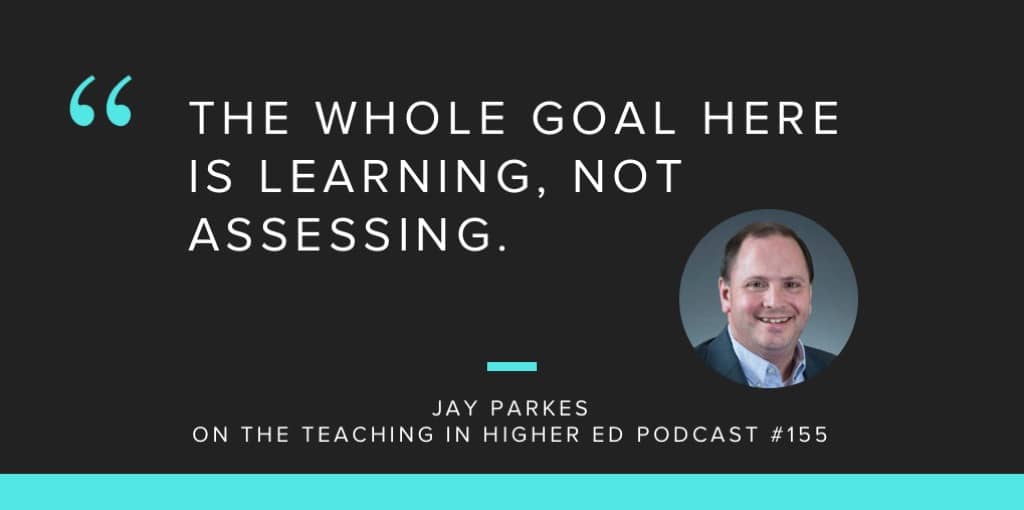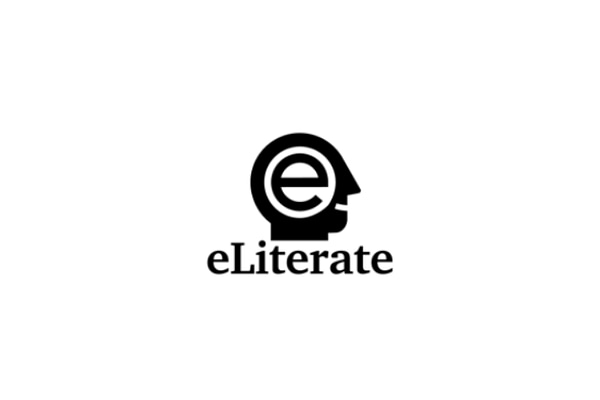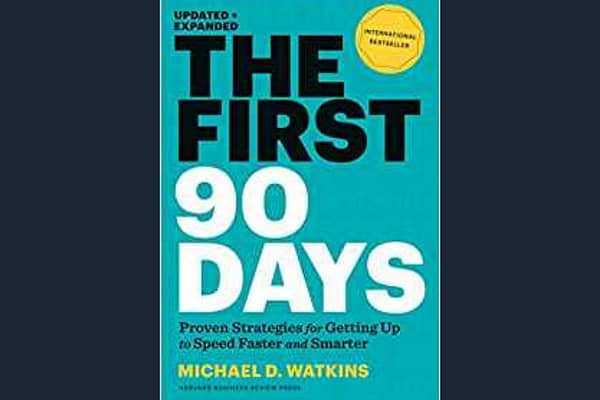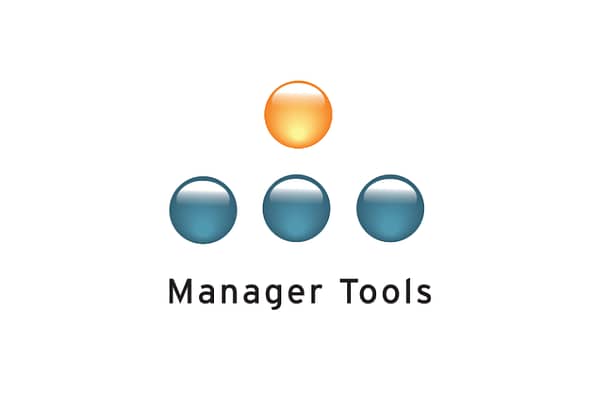Podcast (tihe_podcast):
Play in new window | Download | Transcript
Subscribe: Apple Podcasts | Spotify | RSS | How do I listen to a podcast?
Jay Parkes and Dawn Zimmaro share about learning and assessing with multiple-choice questions in college classrooms on episode 155 of the Teaching in Higher Ed podcast.
Quotes from the episode
Tests don’t hurt students—people with tests hurt students.
—Dawn Zimmaro
It’s not the multiple choice question that is problematic … it’s about how the assessment can be used.
—Dawn Zimmaro
The whole goal here is learning, not assessing.
—Jay Parkes
Technology has really expanded our ability to do some assessments and diagnostics in ways we haven’t been able to do in the past.
—Dawn Zimmaro
Resources Mentioned
- Learning and Assessing with Multiple-Choice Questions in College Classrooms by Jay Parkes & Dawn Zimmaro*
- Retrieval Practice
- Retrieval Practice Tools
- Retrieval Practice with Pooja Agarwal
- How to Use Cognitive Psychology to Enhance Learning
Are You Enjoying the Show?
Rate/review the show. Please consider rating or leaving a review for the Teaching in Higher Ed podcast on whatever service you use to listen to it on (iTunes, Stitcher, etc.). It is the best way to help others discover the show.
Give feedback. As always, I welcome suggestions for future topics or guests.
Subscribe. If you have yet to subscribe to the weekly update, you can receive a single email each week with the show notes (including all the links we talk about on the episode), as well as an article on either teaching or productivity.







Hi Bonni,
I just stumbled onto your podcast and I am enjoying it during my commutes. Thank you for all the work you put into it!
Jay Parkes quoted a translation of the word assessment “The Latin root of the word assess is assidere, which means to sit beside.”
I was intrigued as this sounds really nice — almost poetic — and I did some brief research to include it in my own work. It was easy to find a reference for the quote and the suggested translation seems to originate from Evangeline Harris Stefanakis, 2002. However, the suggested root/stem “assidere” was a little too far off from “assess”. So, I translated “assidere” back into English and the result was *drum-roll* “defecate”. LOL
I will look into Stefanakis’ book for more context, but my first impression is that this poetic interpretation of the word assessment may not be real.
Best wishes and thanks again,
Frank
Dear Frank,
Thanks for the chuckle. It reminded me of when I used to teach computer application classes the first year of my professional career. The number of times I taught Excel and asked people to type “deficit” and wound up staring at “defecate” was quite amusing to me at the time. As you no doubt could tell, I haven’t read Stefanakis’ work, so can’t comment on the accuracy of the translation. Appreciate the encouragement about the show, though.
B
Frank,
That is awesome! I neglected to elaborate that, when assessment is done _poorly_, it translates as “defecate”.
Actually, the Oxford English Dictionary gives as part of the etymology of the word “assess” that it is from the ” frequentative of assidēre to sit by”.
So I’ll stand by my statement . . . and use yours, too!
Glad you got something out of the show,
Jay